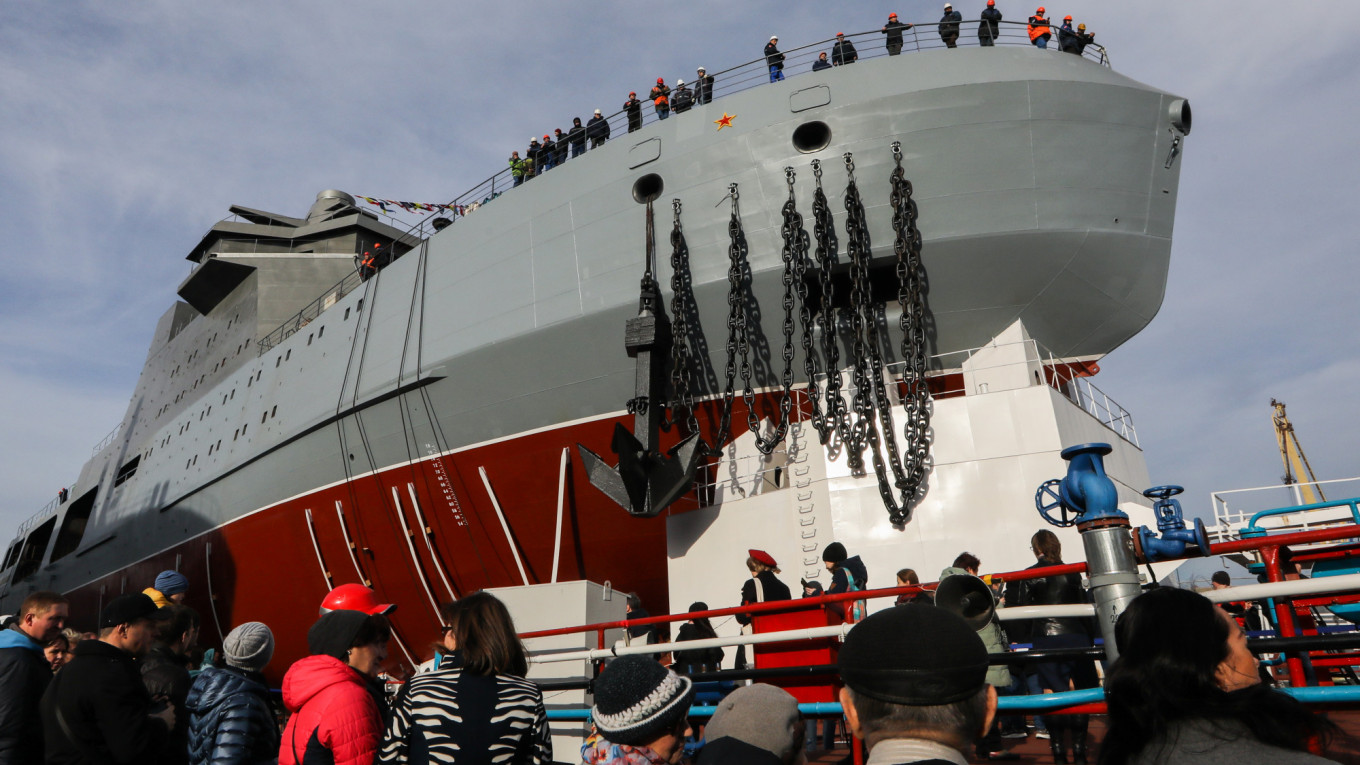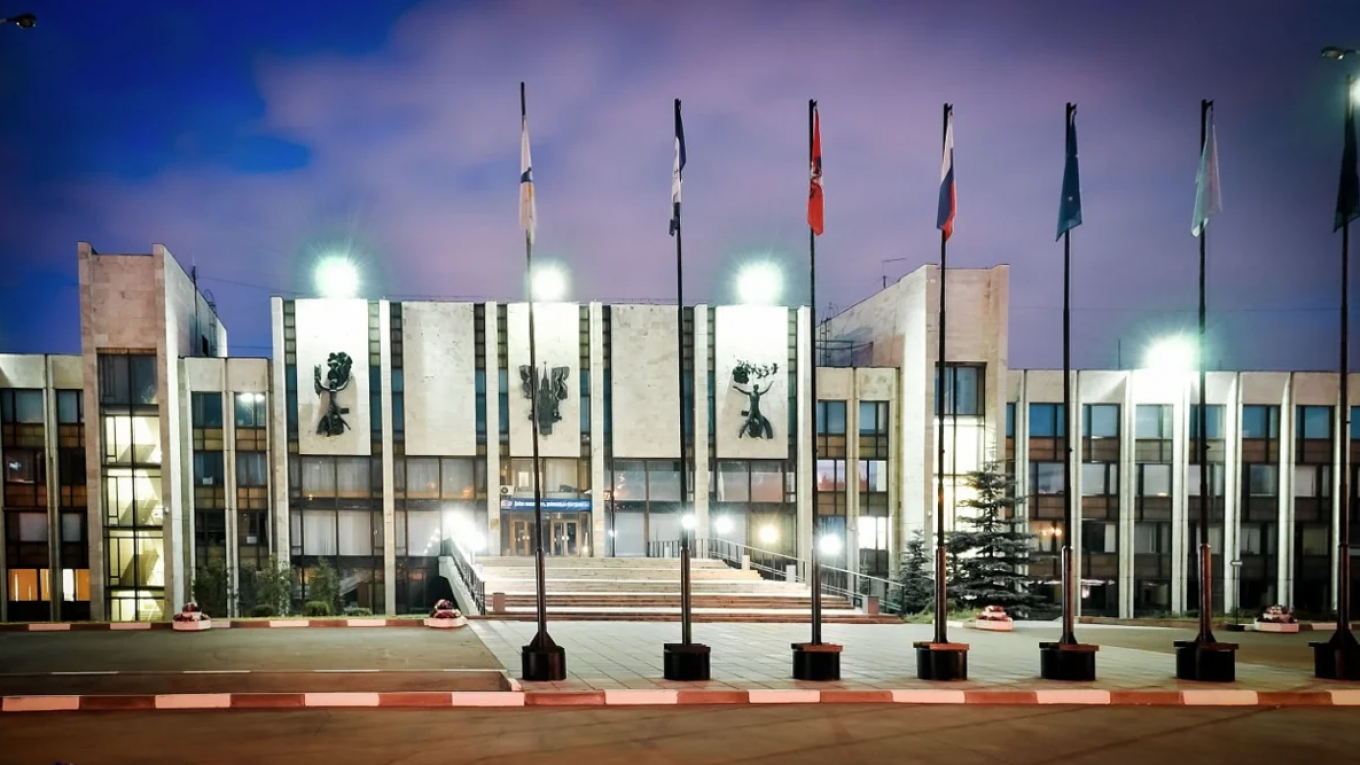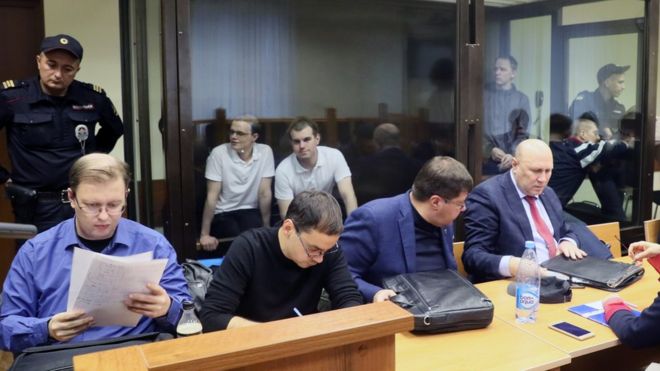
A rare three-way spy-swap has reportedly taken place between Russia and two North Atlantic Treaty Organization (NATO) members, Lithuania and Norway. Rumors of a possible exchange of imprisoned spies between the three countries first emerged in mid-October. However, all three governments had either denied the rumors or refused to comment at the time. It now turns out that the spy-swap, which international news agencies described as “carefully coordinated” was the result of painstaking negotiations between the three countries, which lasted several months.
A major part of the process that led to last week’s spy swap was the decision of the Lithuanian parliament to approve altering the country’s criminal code. The new code allows the president of Lithuania to pardon foreign nationals who have been convicted of espionage, if doing so promotes Lithuania’s national interest. The new amendment also outlines the process by which the government can swap pardoned foreign spies with its own spies —or alleged spies— who may have been convicted of espionage abroad. On Friday, Lithuanian President Gitanas Nausėda announced he had pardoned two Russian nationals who had been convicted of espionage against Lithuania, in accordance with the new criminal code. The president’s move was approved by the country’s multi-agency State Defense Council during a secret meeting.
Shortly after President Nausėda’s announcement, Sergei Naryshkin, Director of Russia’s Foreign Intelligence Service (SVR) said that Moscow would immediately proceed with “reciprocal steps”. The Kremlin soon released from prison two Lithuanian nationals, Yevgeny Mataitis and Aristidas Tamosaitis. Tamosaitis was serving a 12-year prison sentence, allegedly for carrying out espionage for the Lithuanian Defense Ministry in 2015. Mataitis, a dual Lithuanian-Russian citizen, was serving 13 years in prison, allegedly for supplying Lithuanian intelligence with classified documents belonging to the Russian government.
The two Lithuanians were exchanged for two Russians, Nikolai Filipchenko and Sergei Moisejenko. Filipchenko is believed to be an officer in the Russian Federal Security Service (FSB), who was arrested by Lithuanian counterintelligence agents in 2015. He had been given a 10-year prison sentence for trying to recruit double agents inside Lithuania, allegedly in order to install listening bugs inside the office of the then-Lithuanian President Dalia Grybauskaite. Moisejenko was serving a 10½ year sentence for conducting espionage and for illegally possessing firearms. Lithuania alleges that Moisejenko had been tasked by Moscow with spying on the armed forces of Lithuania and NATO. Along with the two Lithuanians, Russia freed Frode Berg (pictured), a Norwegian citizen who was serving a prison sentence in Russia, allegedly for acting as a courier for the Norwegian Intelligence Service.
On Saturday, Darius Jauniškis, Director of Lithuania’s State Security Department, told reporters in Vilnius that the spy swap had taken place in a remote part of the Russian-Lithuanian border. He gave no further information about the details exchange, or about who was present at the site during the spy-swap.
















